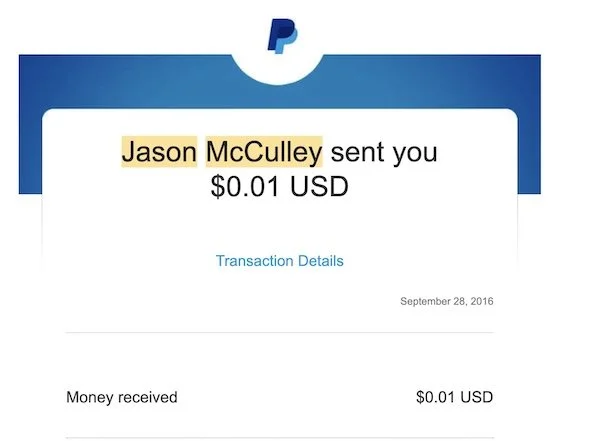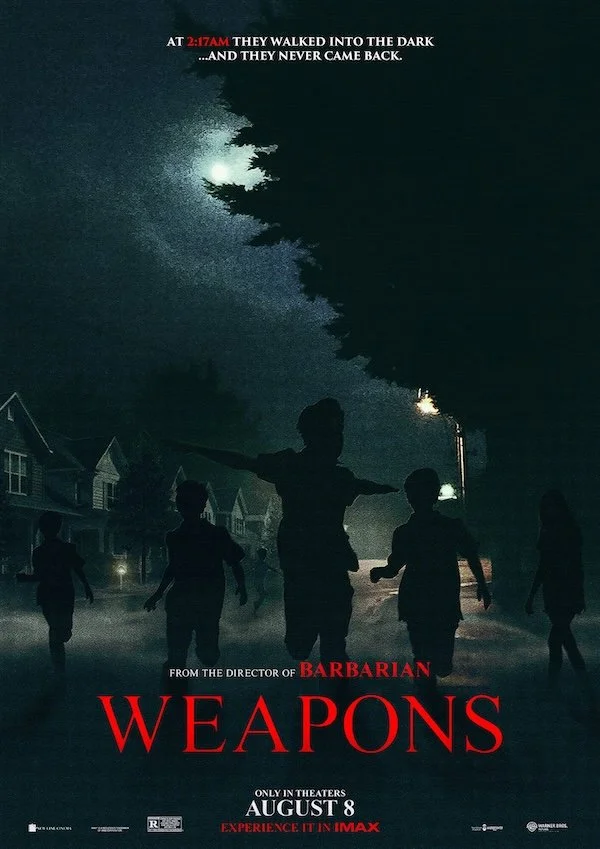Creep Updates
/A couple months ago I received a number of emails asking if I was going to be kicking some magician named Reza out of the GLOMM because he was accused of breach of contract of a sexual misconduct settlement.
I don’t think so. The rule is you need to be convicted of a crime. I genuinely can’t figure out what is going on with that story, but from what I can tell, there’s been no conviction.
I’ll be honest, the story certainly makes him sound like a creep. But not—as of yet—a criminal one.
Plus, hasn’t he been punished enough? Judging from his pictures, he saw Justin Bieber 15 years ago, developed a big-time crush on him, shellacked his hair into a knockoff Biebs cosplay, and then got cursed by a gypsy to keep it that way for life. That’s the only explanation, right? Certainly, he still wouldn’t be wearing that hairstyle unless some hex had shackled him to it.
Jason McCully has been kicked out of the GLOMM.
As Jason notes in his Facebook bio, his interests include “mayhem” and “photography.” These interests are perhaps best exemplified by his primary hobby: taking videos of women and underage girls while they went to the bathroom.
Whenever I’m notified by someone of a magician that needs to be kicked out of the GLOMM, I always search my email and pray that I won’t find some email from that magician that’s like, “Hey, big fan.”
Fortunately, that hasn’t happened yet, but I did find this:
This dunce thought he’d send me a penny via paypal and get a receipt like, “You sent $0.01 to Chester Dupree.” And then he was going to “bust” me by revealing my name.
Guys, I know how the internet works. I knew I couldn’t A) remain anonymous and B) set up a bunch of stuff under my own name. I kinda cracked the code on that long before I set up even my first magic blog back in 2003.
If you want to know who runs the Jerx PayPal, who registered the site’s URL, or even whose name the phone I use for magic apps is under, I’ll gladly tell you—it isn’t me, and none of it brings you any closer to me. Covering myself that way was the easy part of remaining anonymous.
But, Andy, you don’t understand. I want to do what I can to support my local sex criminals.
Well, then you’ll appreciate my new feature here at The Jerx.
Catch A Predator
Here I’ll inform you where you can catch your local sex criminal performing.
According to the email below, Jeff Carson aka, Jeffrey Leach, Ron Geoffries (see here and here) will be lecturing on the Nest of Boxes for the Society of American Magicians #4 (Philadelphia) at the House of Magic.
What this email makes clear (beyond the fact that SAM #4 is struggling for cash—really guys? you’re not going to chip in for the Christmas party?), is that if you want to go to the lecture and call Jeff out for molesting 10-year-olds you can do that.
It’s only the following month’s lecture (the Fun Mix) that is a “no judgement [sic] zone.” On September 18th you are free to judge all you like.











